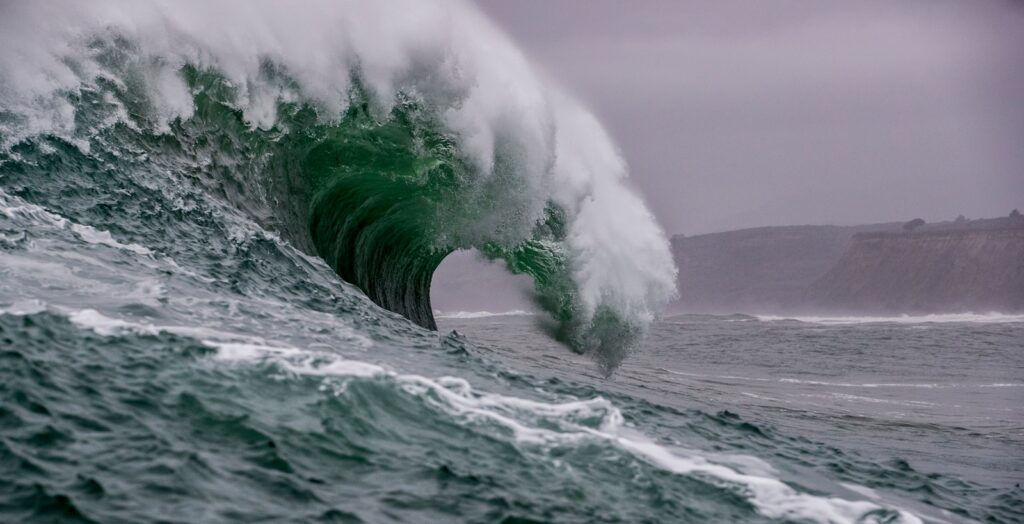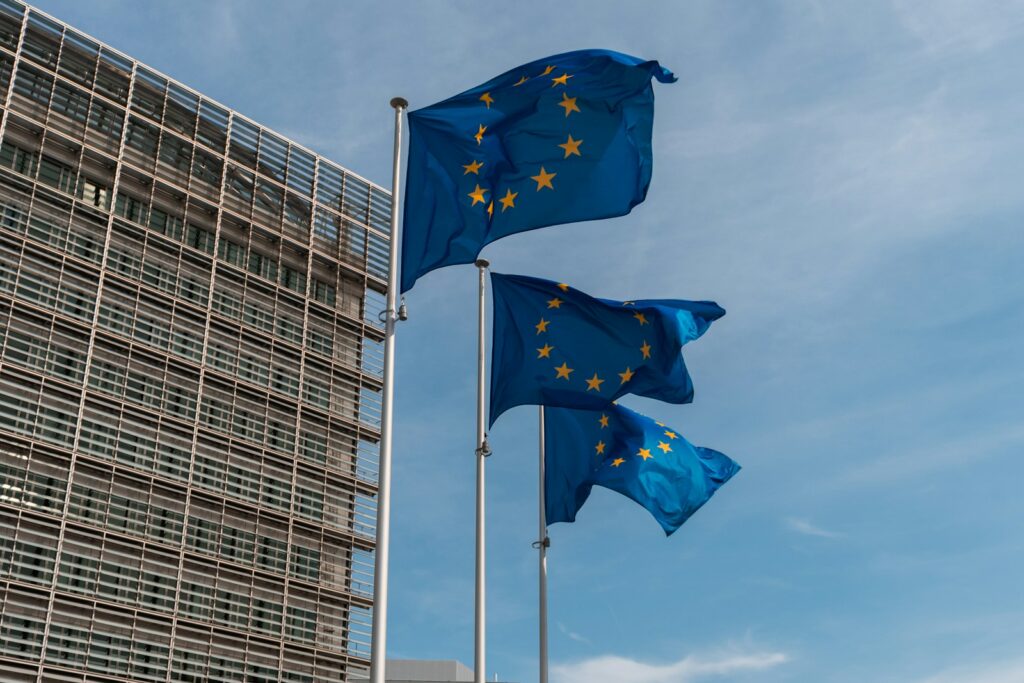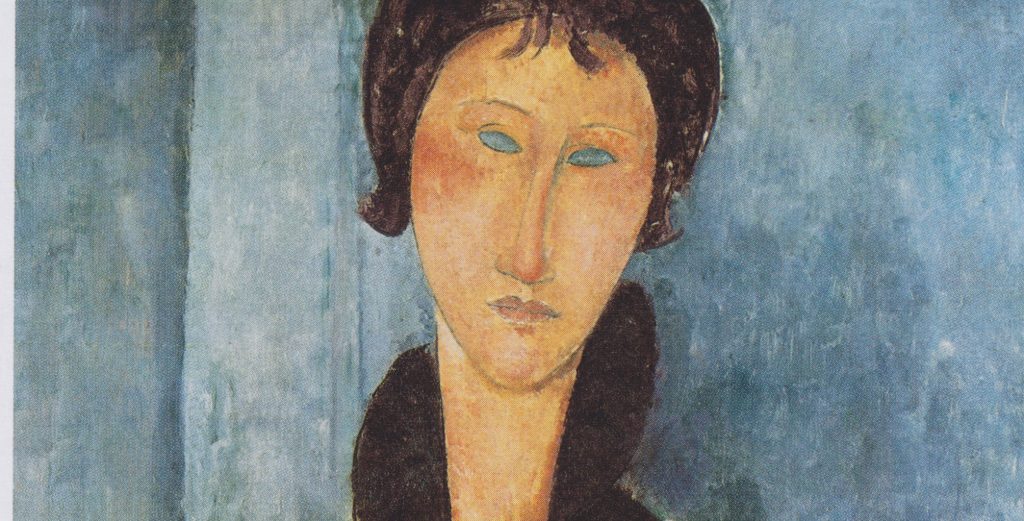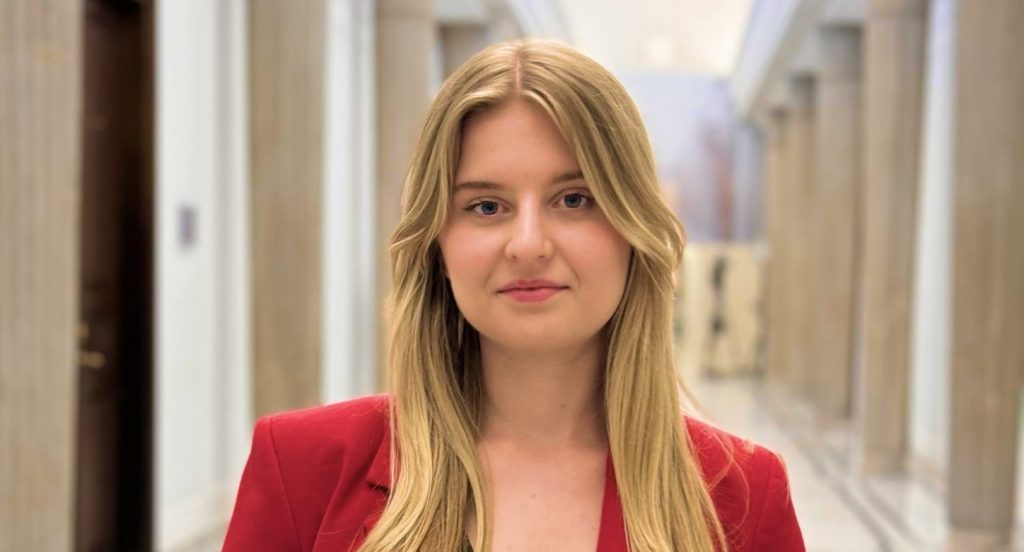
Toolkit for Change: Embedding ESG in Non-Profit Sector
BY
Projekt Polska / July 15, 2025
The world is evolving rapidly, presenting new challenges and opportunities that require thoughtful and proactive responses. As members of the ELF liberal family, we recognize these shifts and acknowledge our responsibility to adapt and support our network in navigating them. Sustainability, transparency, and accountability are becoming core expectations across all sectors, and we want to ensure that our members are well-equipped to lead by example.












